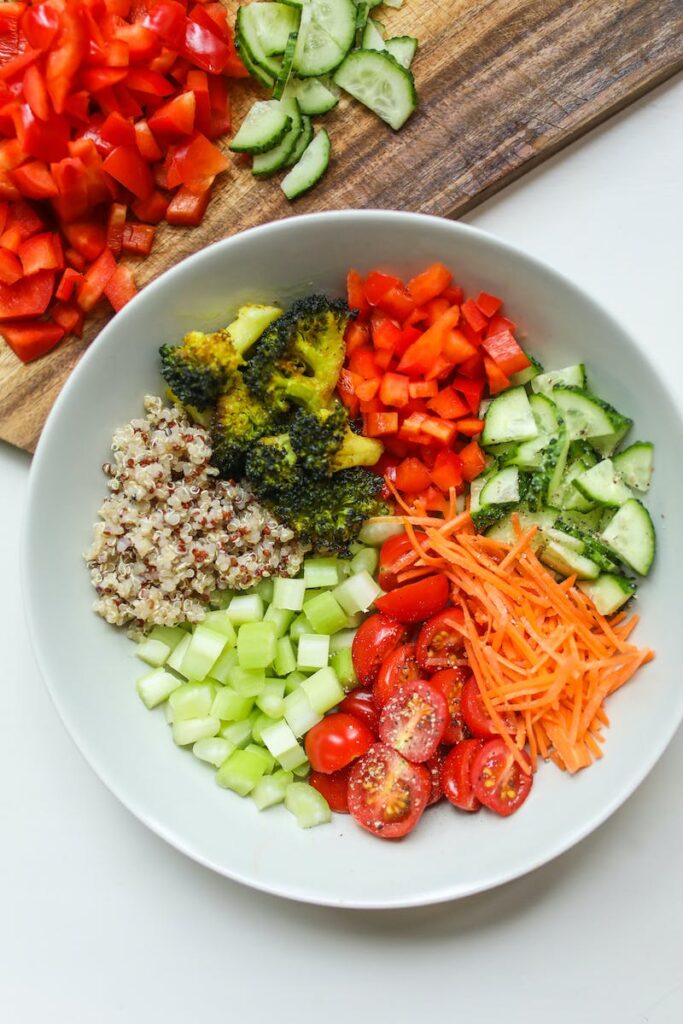Introduction
Oral health is a crucial aspect of overall well-being, often reflecting the general health of a person. Among various factors influencing oral health, diet plays a pivotal role. This article delves into the relationship between diet and oral health, providing insights into how what you eat impacts your dental health.
Understanding Oral Health
Oral health is not just about having a bright smile; it encompasses the health of the gums, teeth, and the entire mouth. It’s integral to overall health and can affect a person’s quality of life.
The Role of Diet in Oral Health
The connection between diet and oral health is profound. The foods and beverages consumed can either promote oral health or contribute to dental problems.
The Impact of Nutrition on Oral Health

Nutrients Essential for Oral Health
Certain nutrients are vital for maintaining healthy teeth and gums. These include calcium, vitamin D, phosphorus, and vitamin C.
Calcium and Teeth
Calcium is essential for strong teeth. It fortifies the enamel and plays a critical role in ensuring dental health.
Vitamin D: The Sunshine Vitamin
Vitamin D aids in the absorption of calcium and phosphorus, crucial for dental health.
The Role of Phosphorus
Phosphorus works in tandem with calcium to enhance tooth strength.
Vitamin C and Gum Health
Vitamin C is essential for healthy gums, helping prevent gum disease.
Foods That Promote Oral Health
Dairy Products
Dairy products like milk, cheese, and yogurt are excellent sources of calcium and phosphorus.
Cheese: A Dental Superfood
Cheese can neutralize plaque acid, making it a beneficial food for oral health.
Fruits and Vegetables
Rich in vitamins and minerals, fruits and vegetables are crucial for maintaining oral health.
Crunchy Fruits and Vegetables
Crunchy fruits and vegetables, like apples and carrots, can help clean teeth naturally.
Foods Harmful to Oral Health
Sugary Foods and Beverages
Sugary foods and beverages are detrimental to dental health, leading to cavities and decay.
The Role of Acidic Foods
Acidic foods can erode tooth enamel, leading to sensitivity and decay.
Sticky Foods
Sticky foods can adhere to teeth, promoting bacterial growth and decay.
Understanding the Link Between Diet and Dental Diseases
Tooth Decay and Diet
Tooth decay is closely linked to diet, especially the consumption of sugary and acidic foods.
Gum Disease and Nutritional Deficiencies
Gum disease can be exacerbated by deficiencies in essential nutrients.
Oral Cancer and Diet
Certain dietary patterns may increase the risk of oral cancer.
Practical Dietary Tips for Oral Health
Balanced Diet for Dental Health
A balanced diet, rich in essential nutrients, can significantly improve oral health.
Limiting Sugary Foods and Beverages
Reducing the intake of sugary foods and beverages can prevent tooth decay.
The Importance of Water
Drinking plenty of water, especially fluoridated, can enhance oral health.
The Role of Dental Hygiene in Conjunction with Diet
Regular Brushing and Flossing
Maintaining a routine of brushing and flossing is crucial, even with a healthy diet.
Regular Dental Check-ups
Regular check-ups with a dentist can help maintain oral health and catch issues early.
Conclusion
The Integral Relationship Between Diet and Oral Health
This article highlights the integral relationship between diet and oral health. A balanced diet, coupled with good dental hygiene, can lead to a healthier mouth and a brighter smile.
